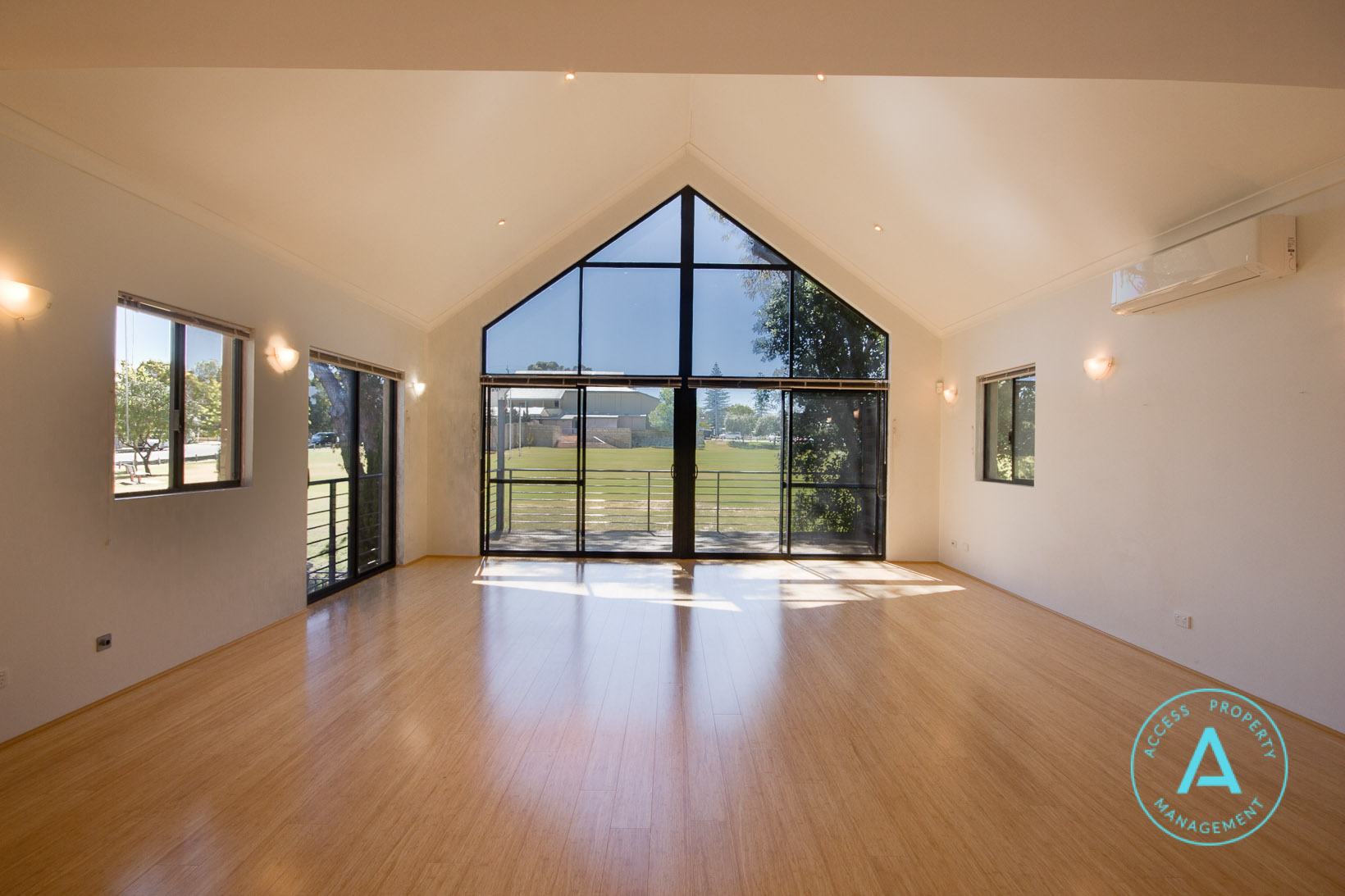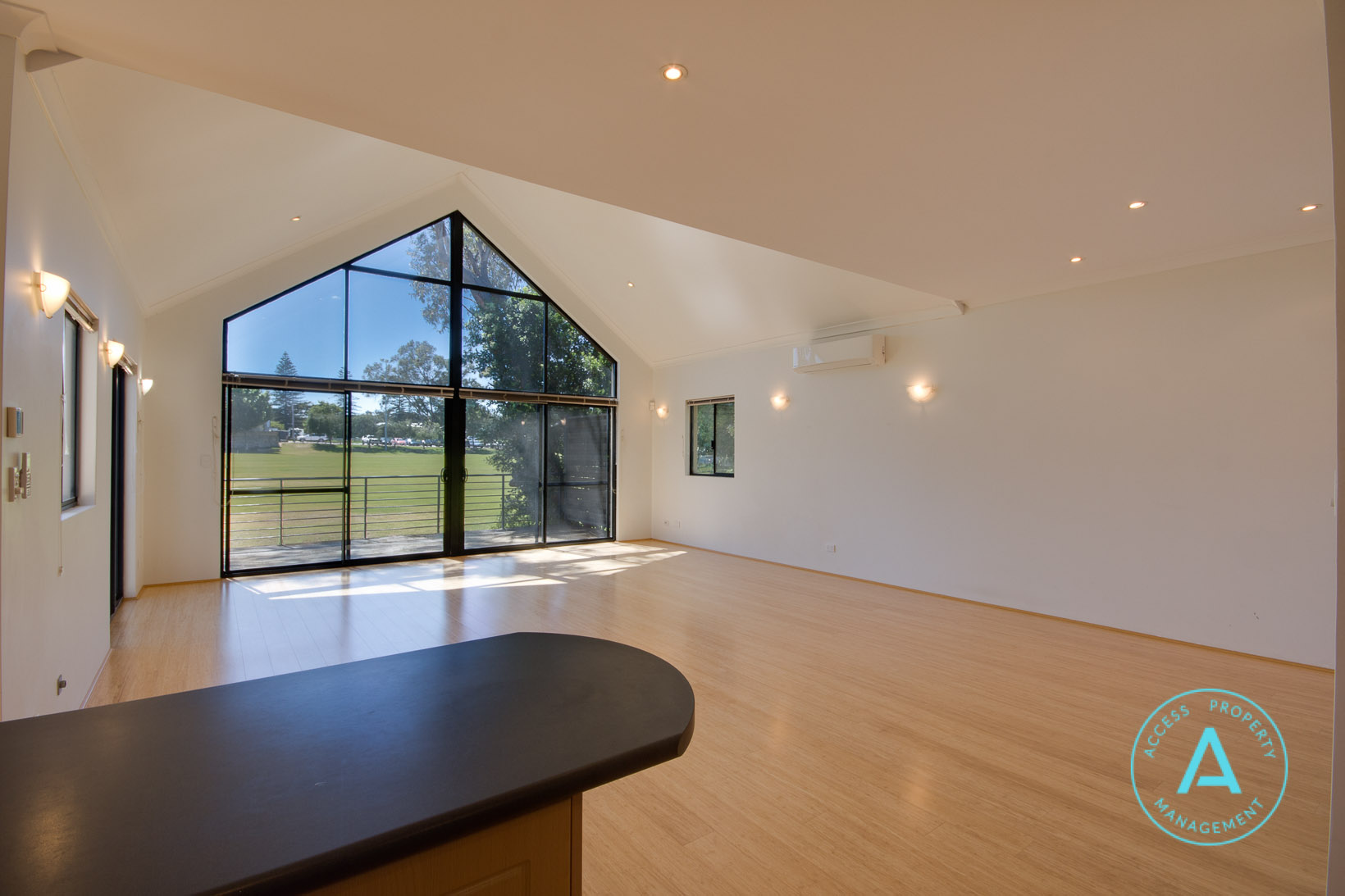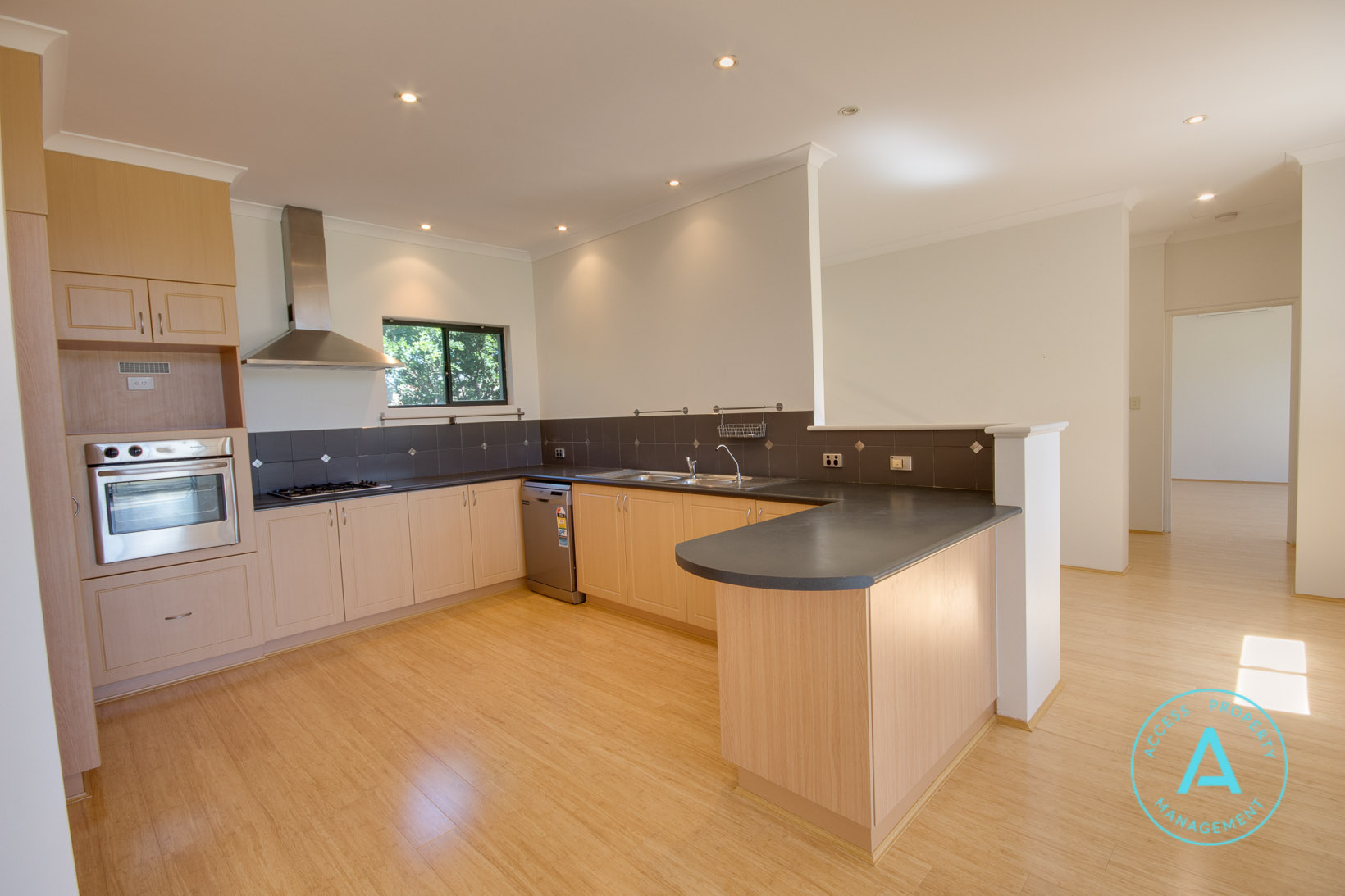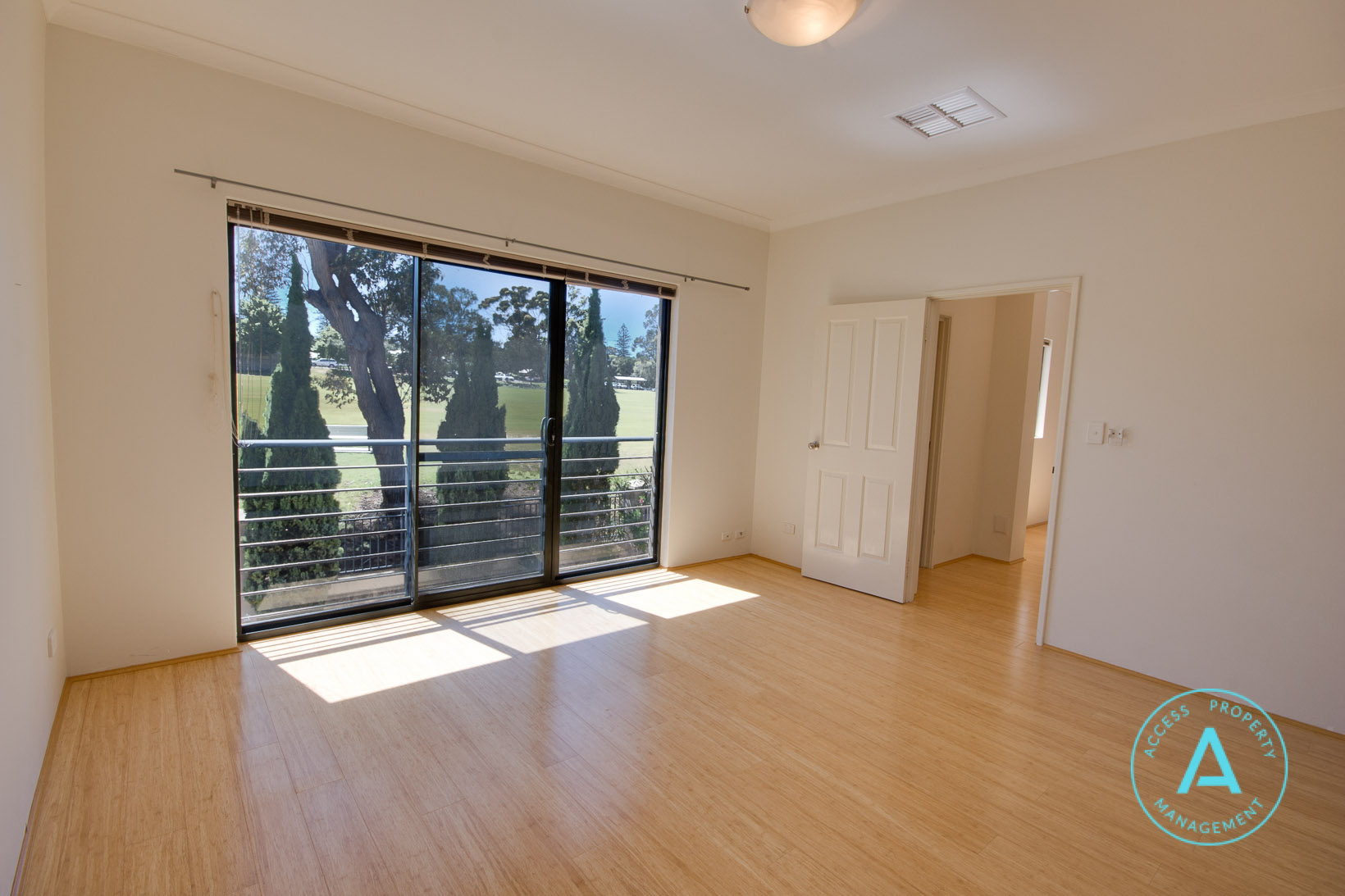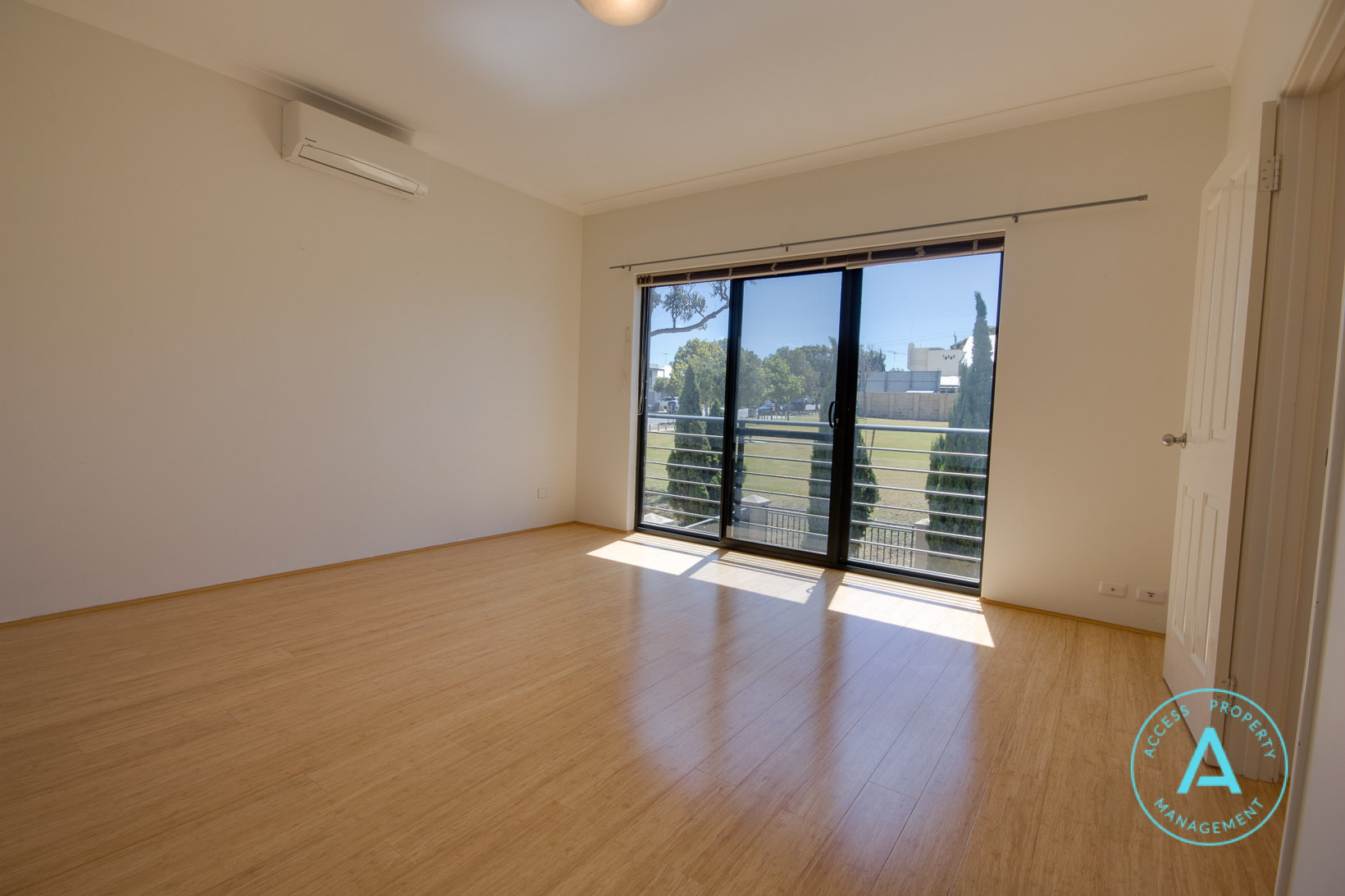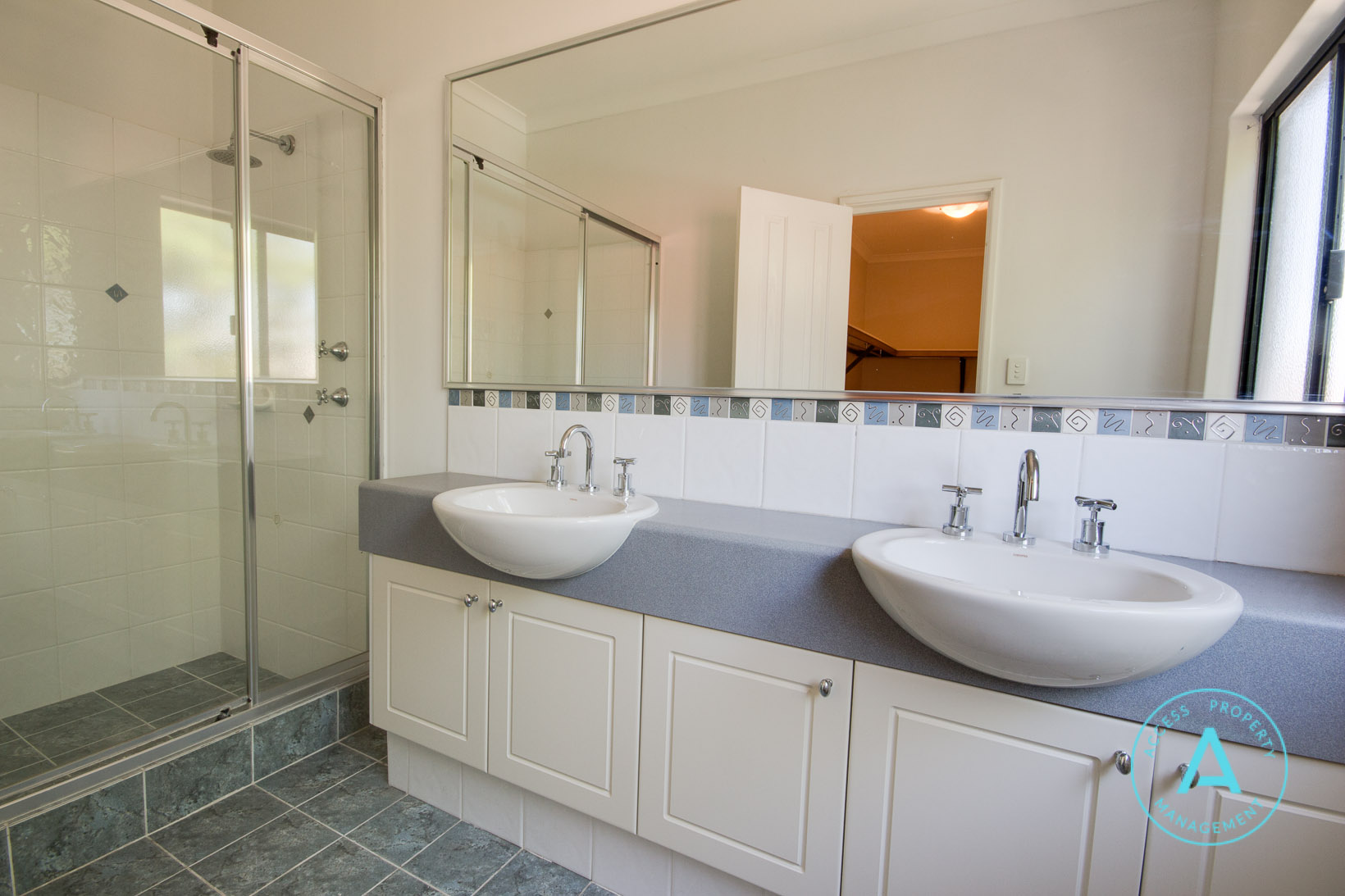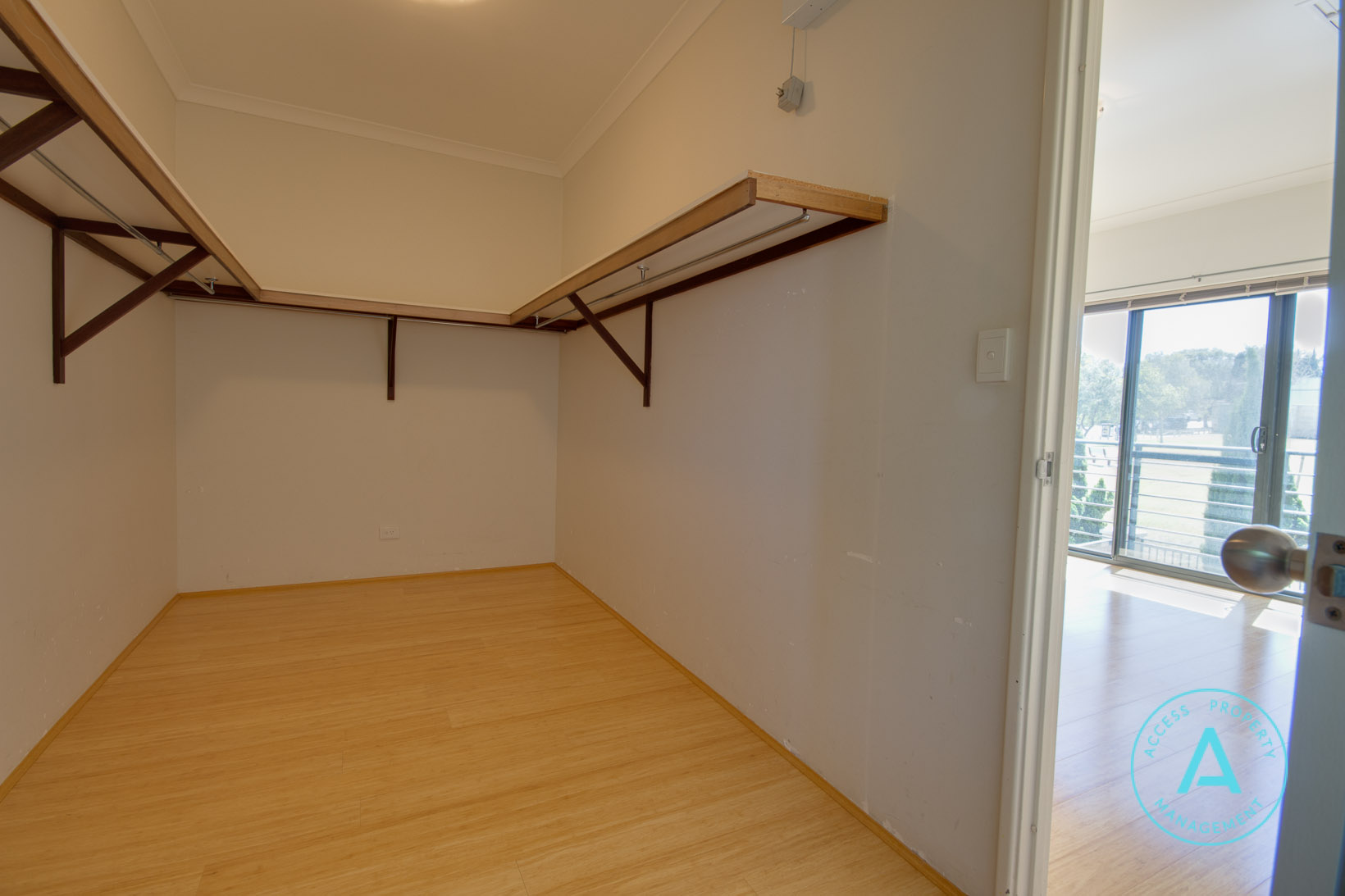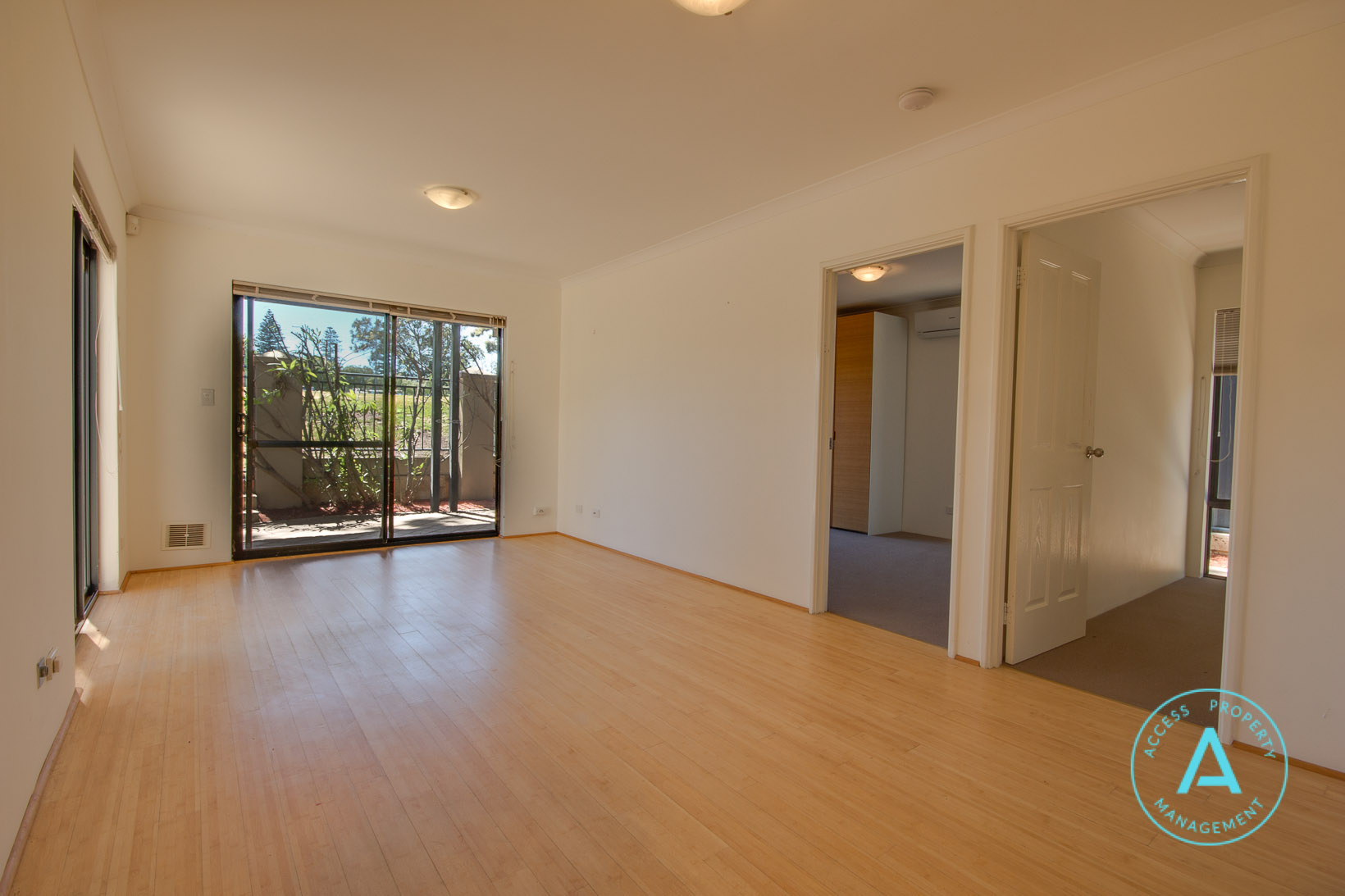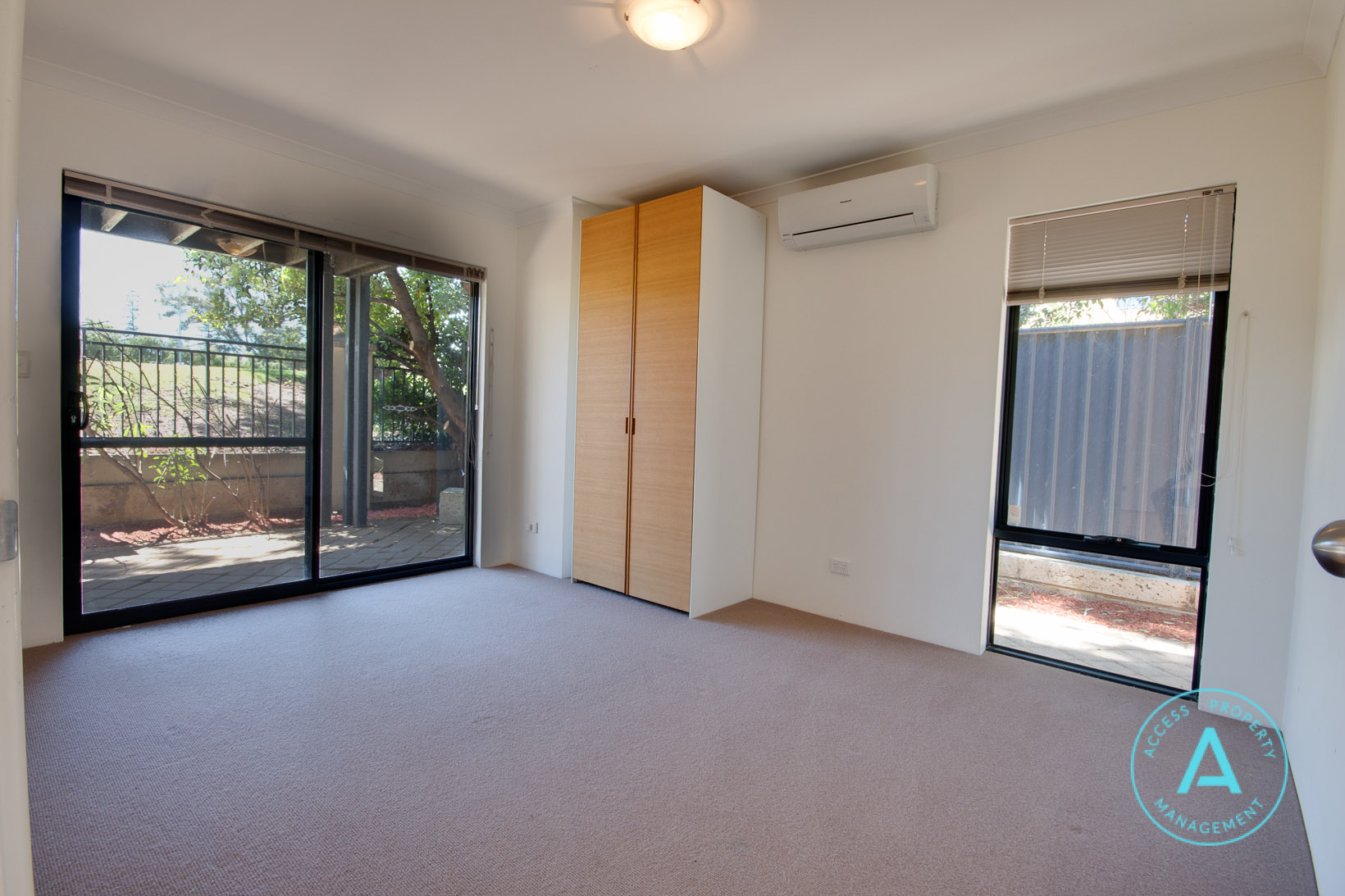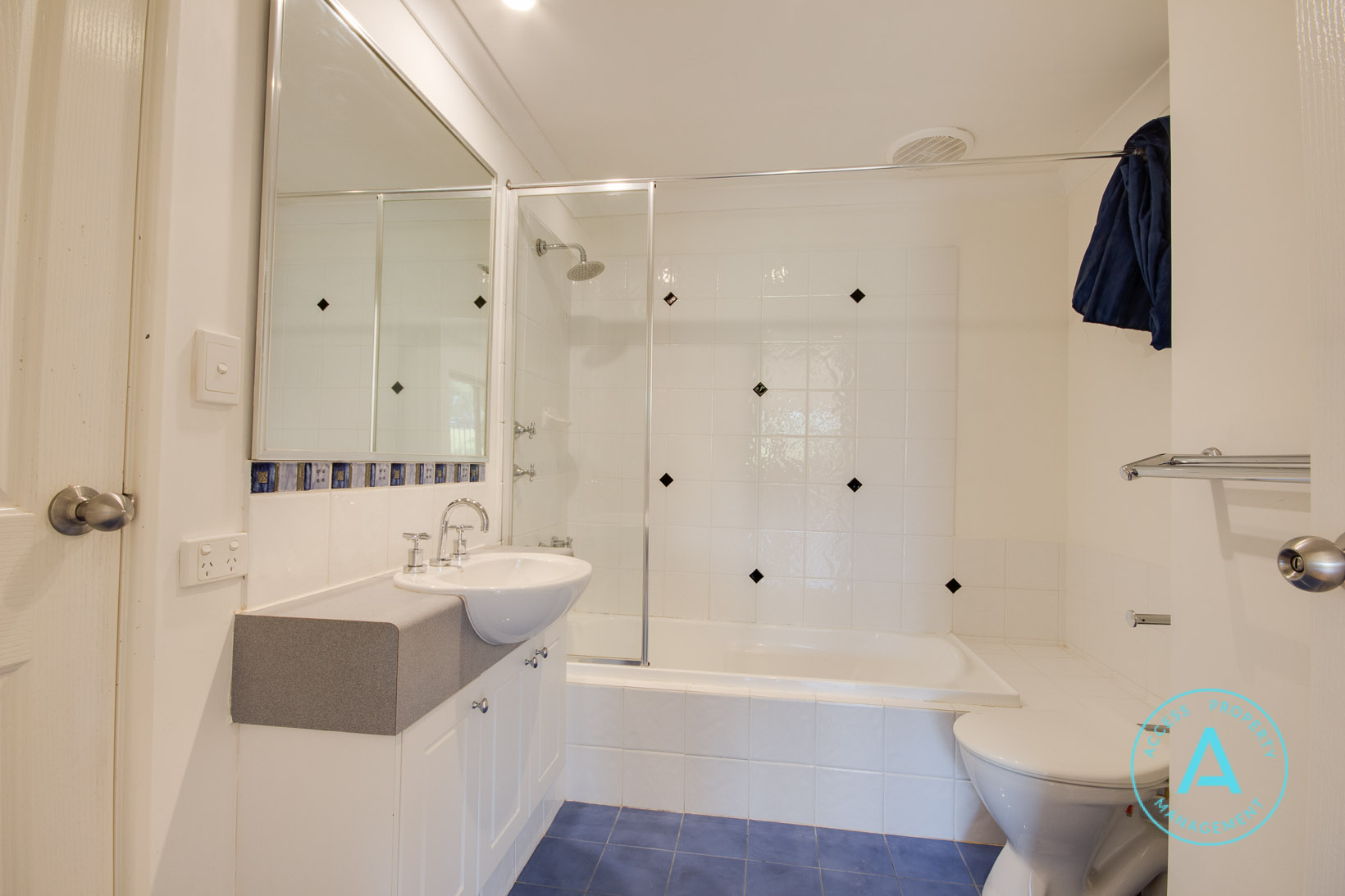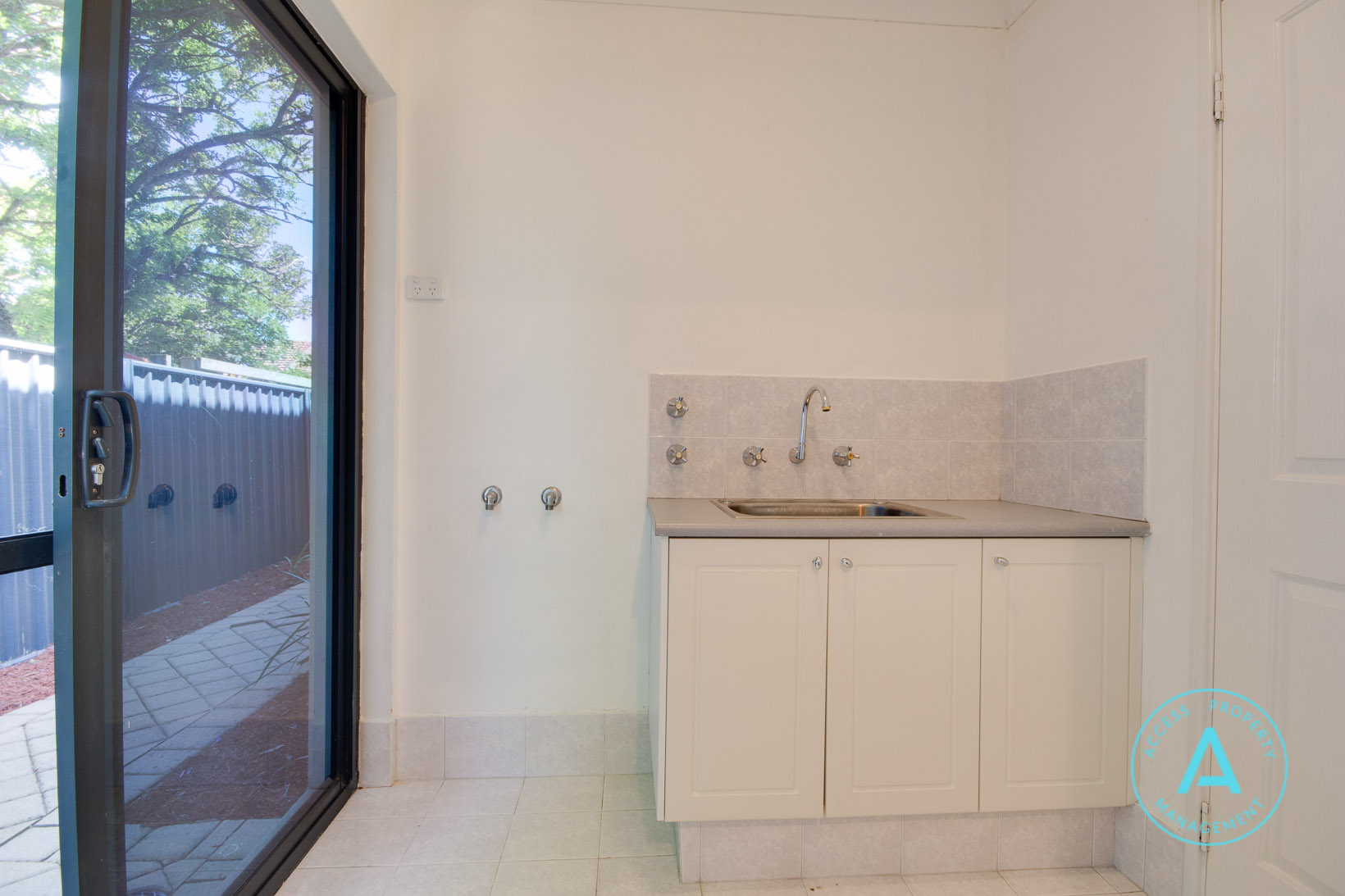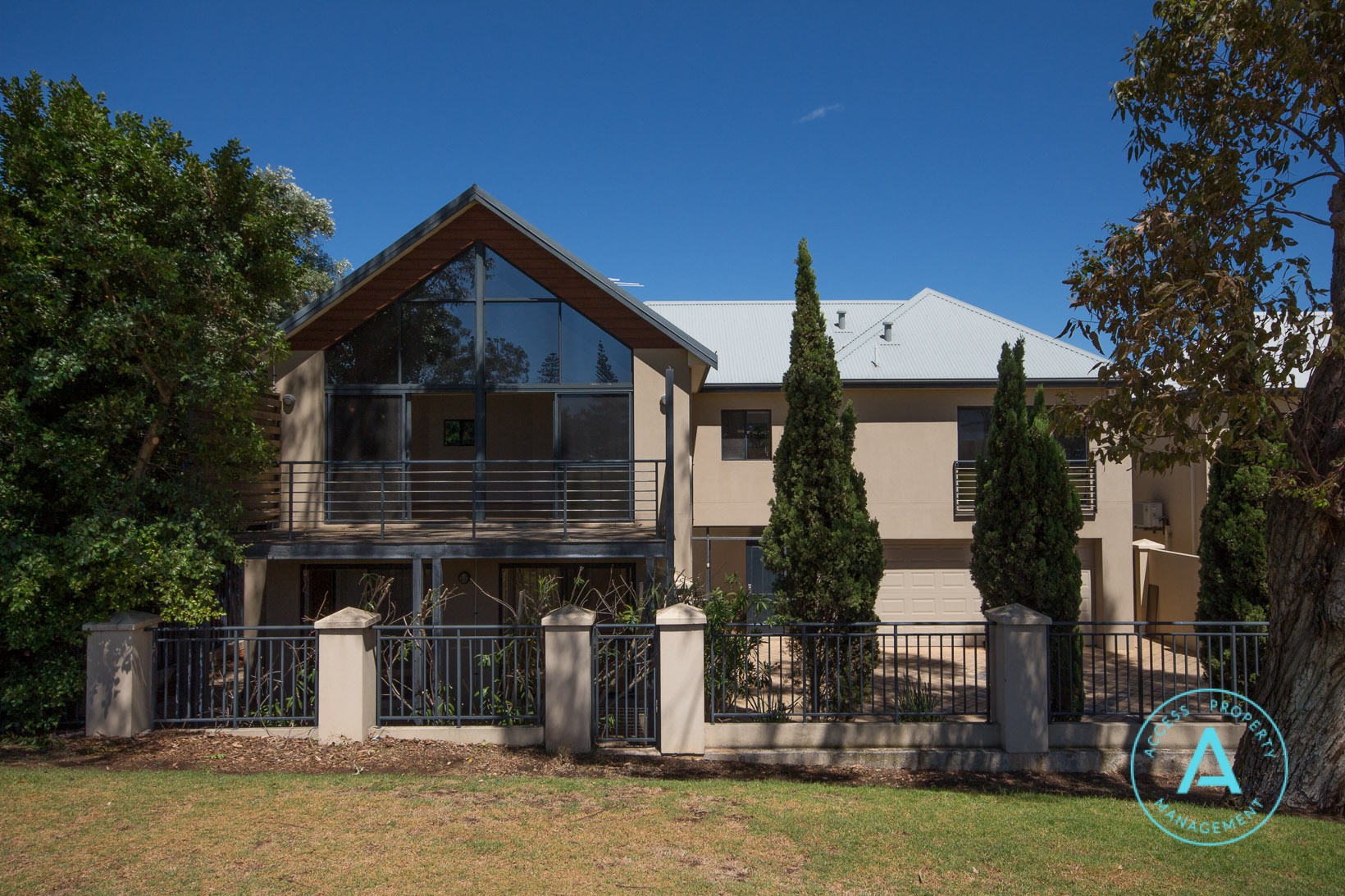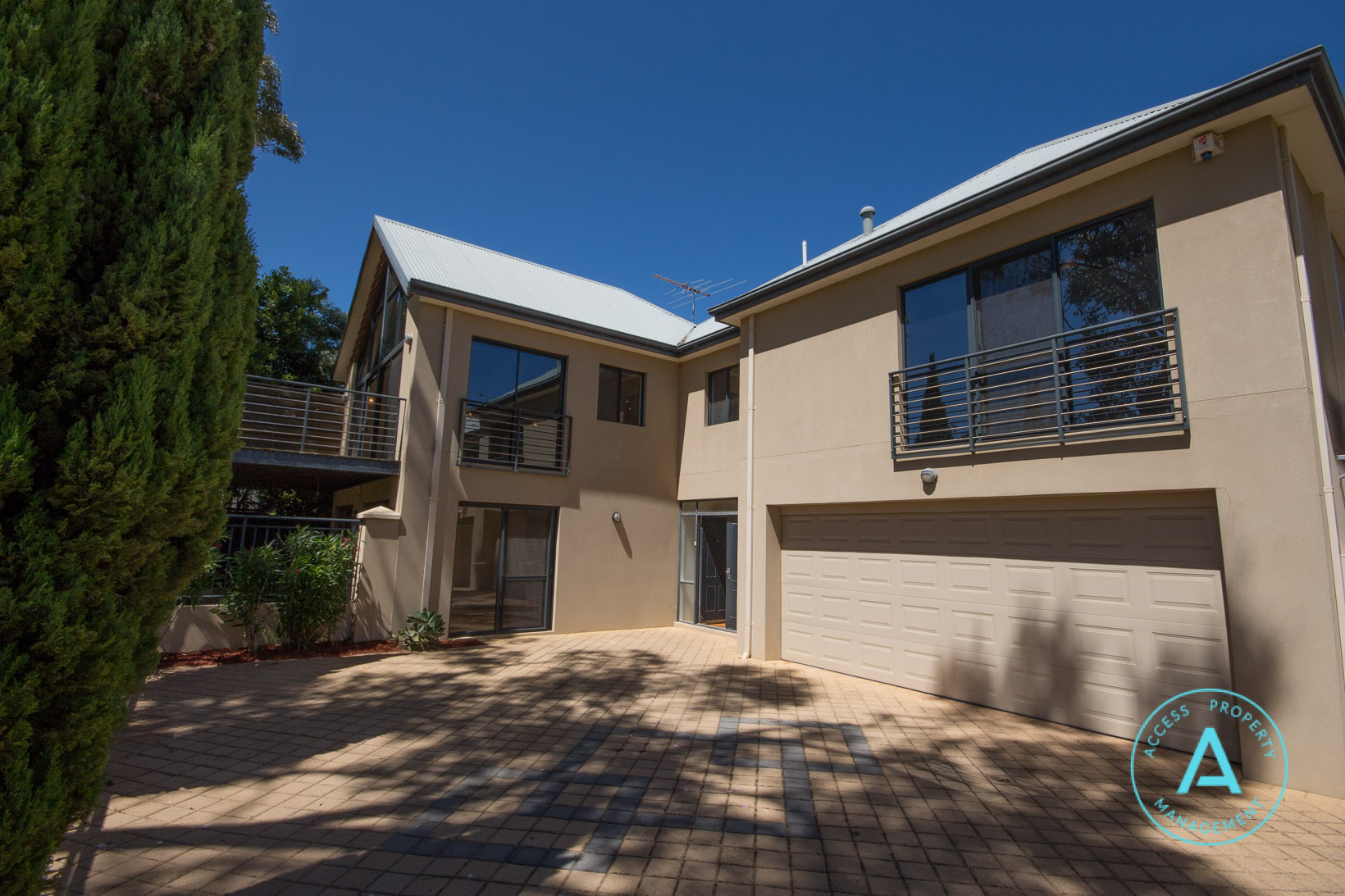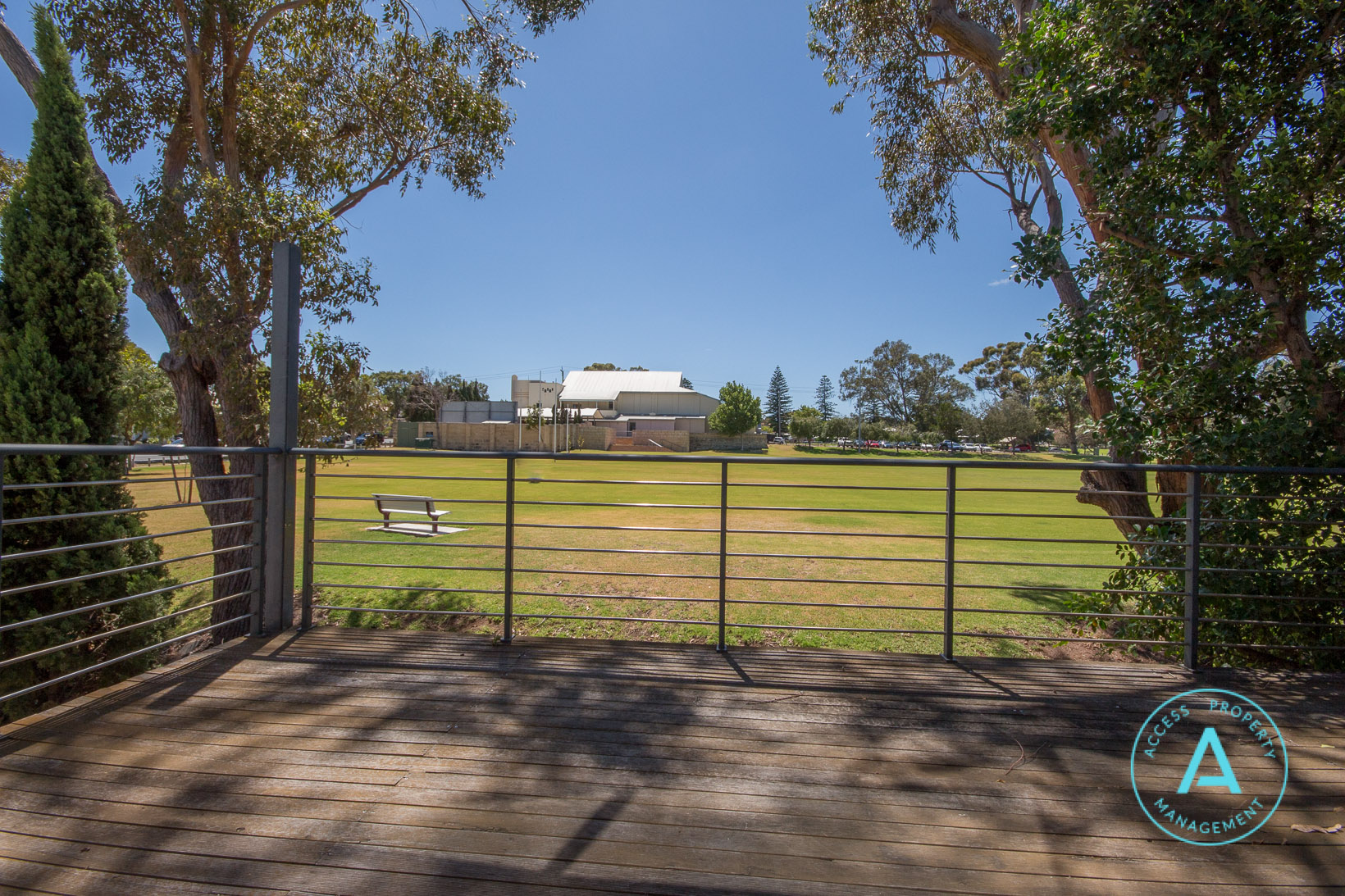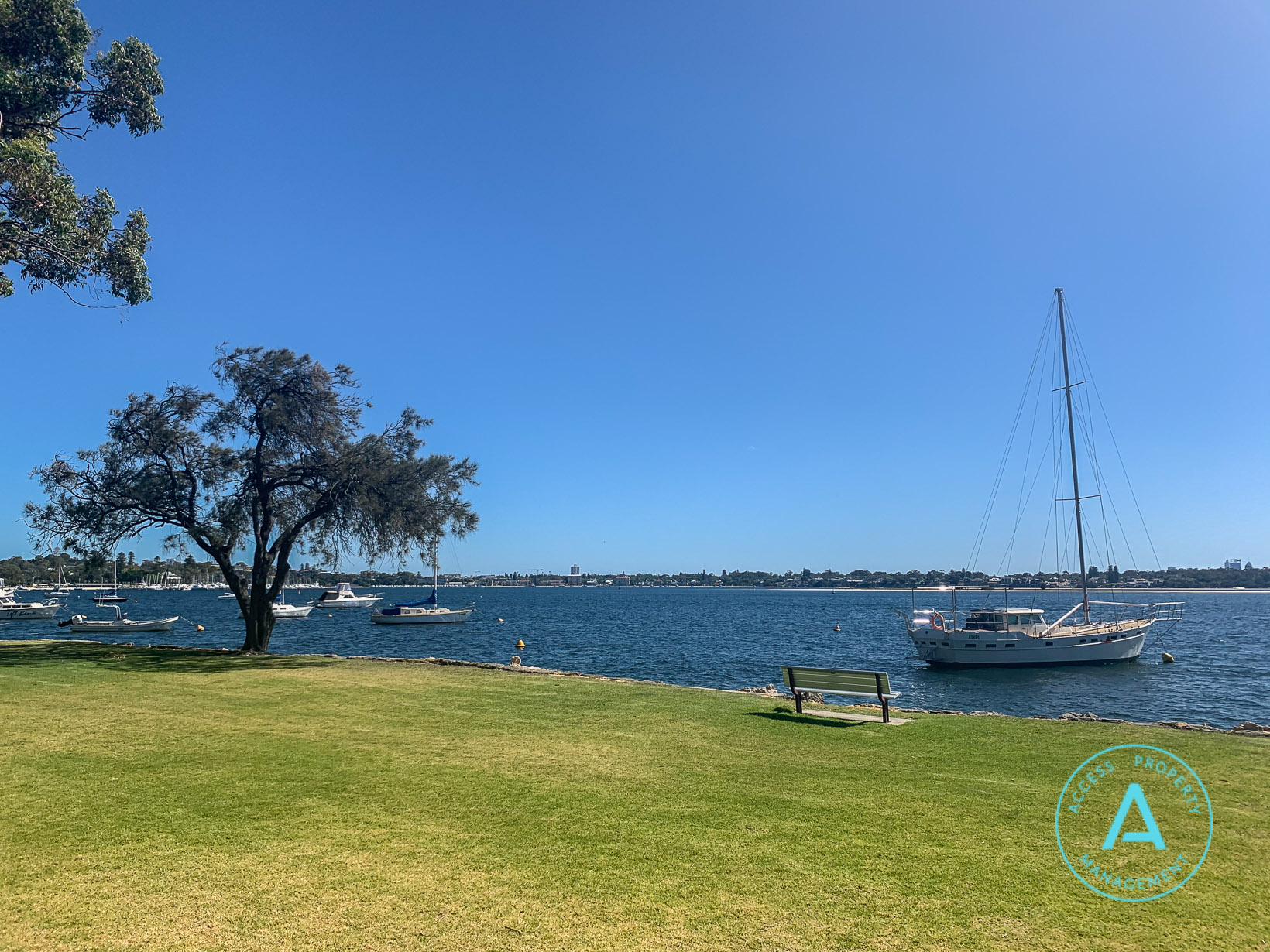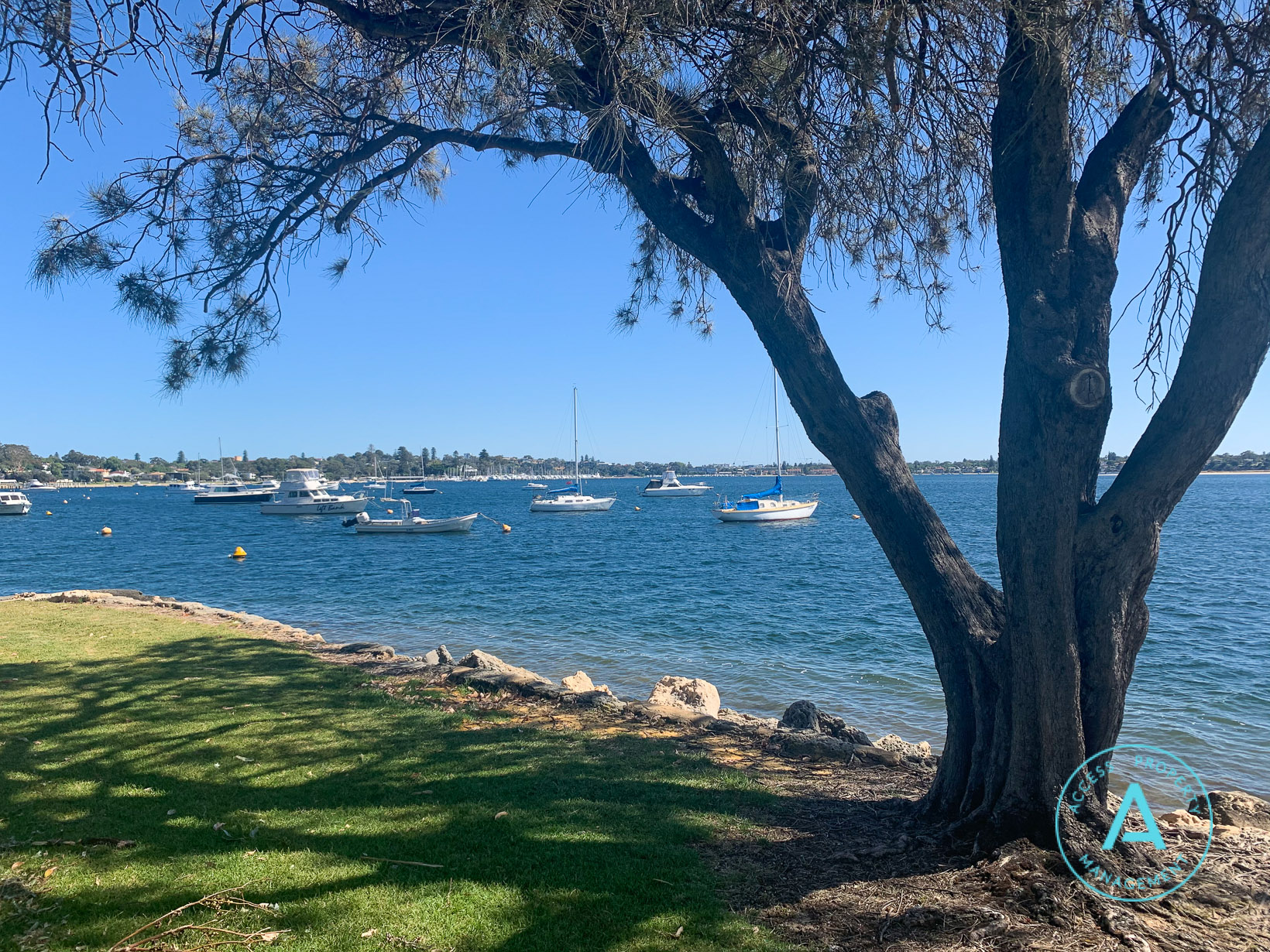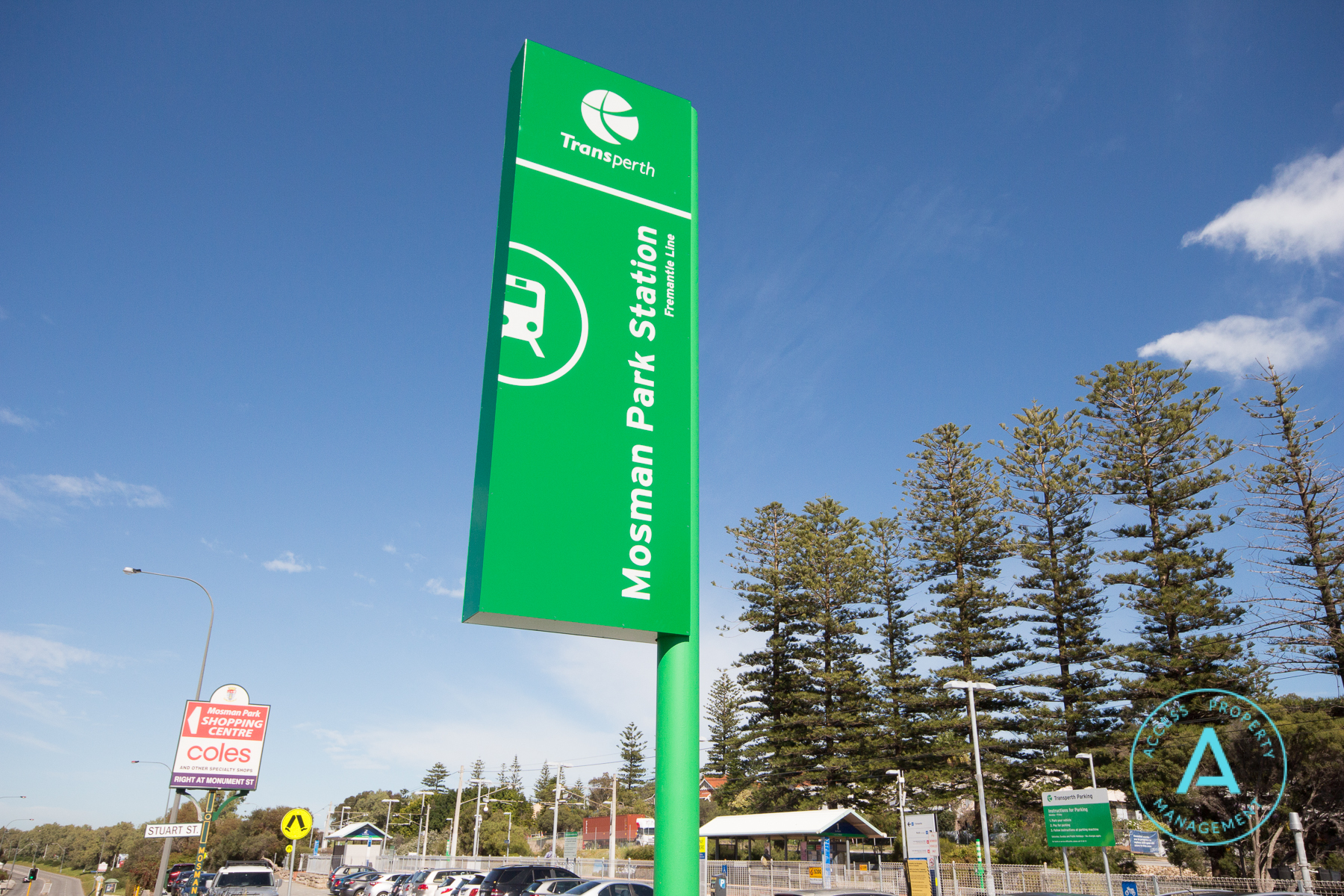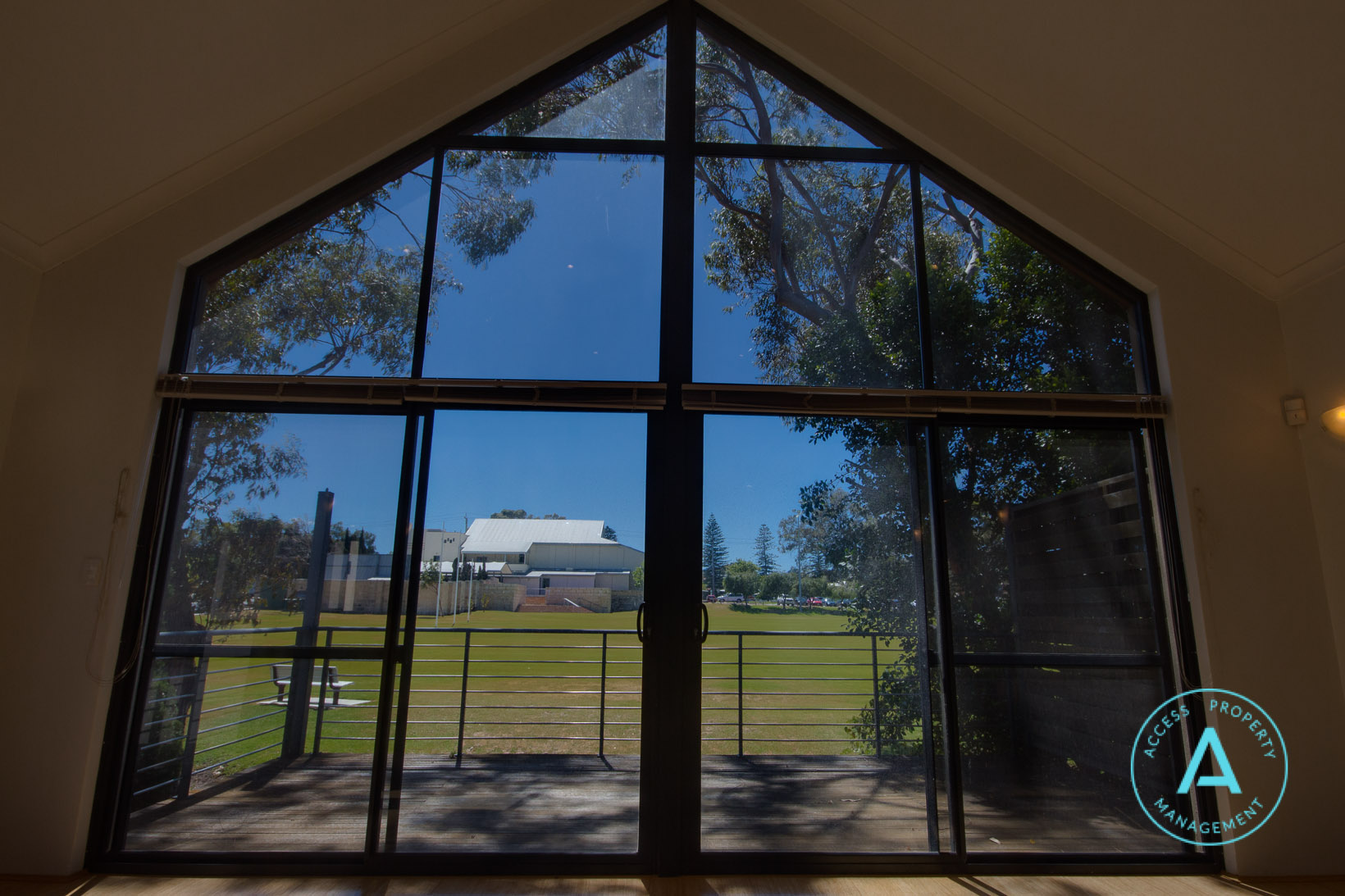As a property investor, you most likely have already spent a lot of money in the hope that you will see financial gains in the future. It makes sense that you may feel resistant to spending even more money before you’ve started to make it. Similarly to how you need to maintain your investment property to grow its value, part of being a landlord is ensuring your property is protected from risks.
As a landlord, you have a duty to ensure your property is in good condition for your tenants, and although your tenants are responsible for caring for your property, sometimes things go wrong. Landlord insurance is one way to protect yourself financially from the risks involved. There are many factors you should take into consideration when making financial decisions about your investment.
As with other investments, your success depends on your financial situation. Ensure you have considered a range of factors and consult a financial advisor before making significant decisions.
As property specialists, we want to use our knowledge to guide property investors on their journey. Keep reading to learn more about landlord insurance. If you’re looking for some personalised advice on your investment property, you can request a free rental appraisal here, and we’ll be in touch to help you out.
What is landlord insurance?
Landlord insurance protects your investment by covering your asset for various events that can result in financial loss to you. These policies cover more than other types of property insurance, such as home and contents. Landlord insurance is a great option for those who want to ensure they are looking after both their property and rental income.
The importance of protecting your investment property with landlord insurance
Unfortunately, property investment does not come without risk, so many smart investors choose to mitigate their potential losses in this way. A contingency plan will protect your income in unexpected circumstances, saving you time, money and stress. Landlord insurance is a reasonably affordable way to protect your property and assets you could even be liable for if damaged or stolen. Even the best tenants can run into hard times and have challenges paying the bills, so placing all your faith in finding those who always care for your property and pay their rent on time can be risky.
As landlord insurance is used for investment properties, your policy premium is also tax-deductible. Have a look at this guide to tax for property investors if you’d like to know more about tax advantages.
What to consider when purchasing landlord insurance
Financial goals
If you’re considering whether landlord insurance is right for you, the cost will be an important factor. Your circumstances and goals are unique, so there’s no one right answer. If you’re paying too much for a policy, it may not be worth it financially. The cost of your landlord insurance depends on several factors such as the location, natural disaster risks such as bushfires and whether your property is furnished.
What’s included (and what isn’t)
Not all landlord insurance policies are the same. Each provider offers different policies, so you will need to do some research to compare. Always double-check the fine print to ensure you’re covered for all of the basics and anything additional you will need as some policies may not cover damage caused by natural disasters, pets or shared properties. Take into account factors such as natural disasters in your area, the likelihood of theft and the contents of your property including the fittings and carpets and if you are going to allow pets in the property.
To determine the level of insurance you need, also consider the following:
Rental income loss
Although you can insure your investment for loss of rent, this usually doesn’t include periods of vacancy. Rental loss usually only covers you for periods when your property is uninhabitable, usually because of severe damage caused by situations such as storms. On the other hand, policies that include rent default will cover your property for income loss you may experience if the tenant stops paying rent.
Theft or malicious damage
Over the years, general wear and tear will occur on your property. In some cases, unhappy tenants may purposely steal from or damage your investment. While general maintenance costs are expected, significant damage or loss can occur from these situations, particularly if your property is furnished. It’s worthwhile considering protection in case of these circumstances.
Legal costs
A good property manager will help to reduce your chances of getting into a tricky legal situation with tenants, but it doesn’t make it impossible. Some landlord insurance policies can cover legal expenses that are needed to remedy situations such as tribunal hearings or retaining legal counsel. Another benefit of landlord insurance is public liability cover, which insures you for injuries or incidents that can occur at your property.
Bonus incentives
There are also different bonus incentives that come with landlord insurance policies, such as coverage for tax audit insurance, lock replacement or even searching for tenants after an eviction.
The best way to find the right insurance policy for your investment is to understand your needs, consider your financial goals and then research multiple options to get the best fit.
Keep your investment in safe hands with Access Property Management
We’re committed to supporting you in your investment journey in any way we can. Our expertise and industry knowledge can help you keep your investment safe and maximise its potential. Request your free rental appraisal here to find out how we can help you maintain and protect your property.



